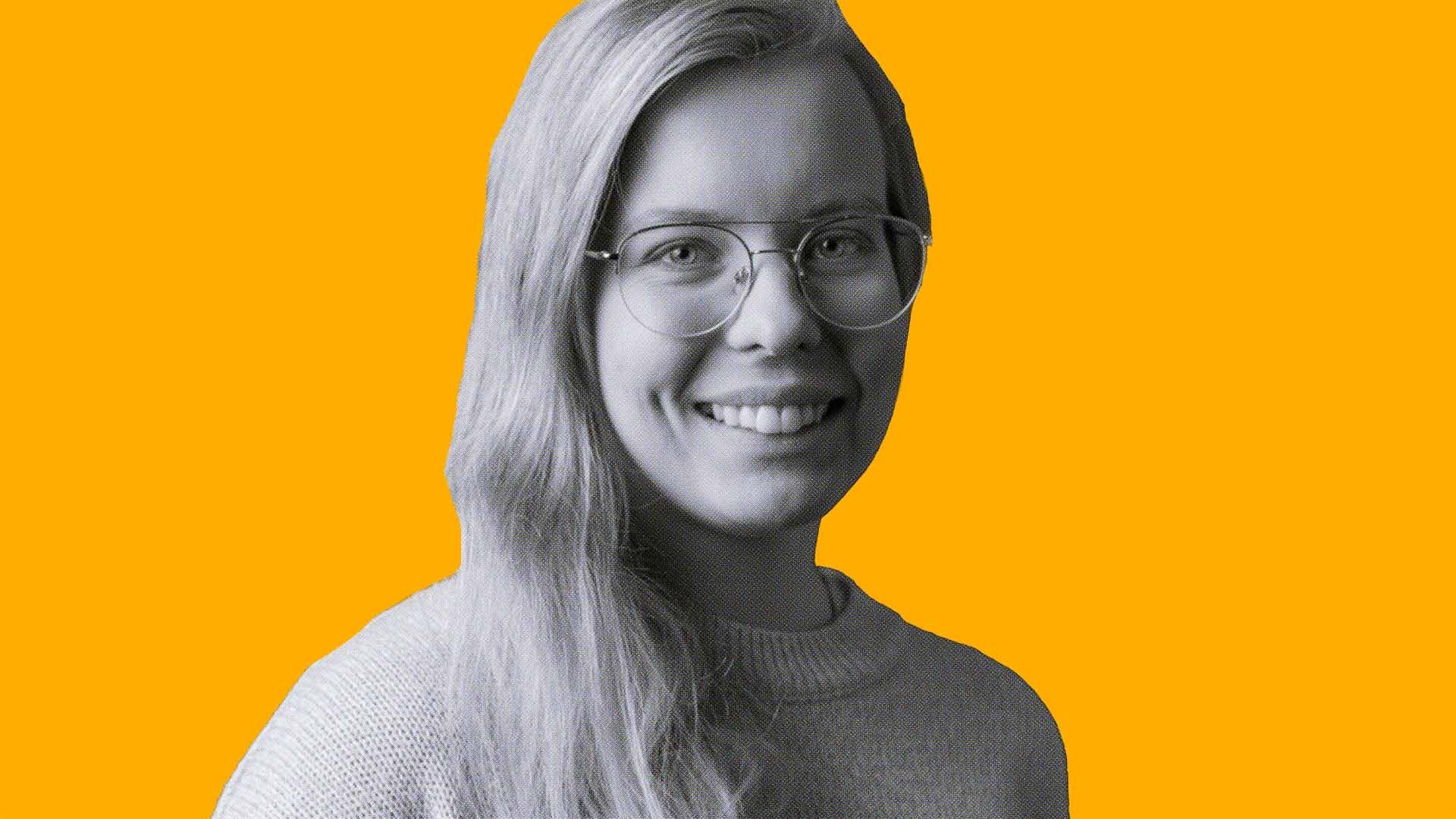
We asked the new head of PÖFF Shorts what excites her the most about the festival.
How did you find PÖFF Shorts? Or did PÖFF Shorts find you?
To be honest, we kind of found each other. I was looking for a job and Shorts was looking for a new festival director. Since I enjoy organising and producing, organising a film festival seemed like a great challenge.
You studied in the UK for a while. What are the most important lessons you learned there?
Those three years offered me plenty of lessons and a lot of knowledge, but I think the most important one was that there is a solution to every problem, and nothing is impossible. Even if you are in a situation where one of your actors is hopelessly lost and can’t find their way to the set, using only a paper map and cell phone, or when the film rolls you ordered arrive only a day before the filming is supposed to start.
Studying abroad helped broaden my horizons, made me more independent and gave me lots of courage to experiment and try new things. Besides, being away from my home country made me realise that living in Estonia is not so bad after all.
What excites you the most about this year’s festival?
Previously, my only connection to PÖFF was that of a regular festival visitor. So, I am excited about everything from watching the films on the big screen to meeting the filmmakers to experiencing the "shortest award ceremony in the world”. This year, for the first time ever, PÖFF Shorts also organises the Shorts Industry Shortcut which consists of different panels, workshops, and events for the short film industry.
Organising a festival is a lot like making a film: there is no way of knowing how well-prepared you are until the shooting begins. I am sure that this year’s PÖFF Shorts and the festival in general is going to be excellent.
If you were a film director, what kind of films would you make?
I’m not sure I’d want to be a film director at all. But as a producer or a screenwriter I would like to make films that people can relate to and that offer food for thought. Genre-wise I would prefer making psychological films or films that are full of fantasy. For example, I would love to adapt some of Andrus Kivirähk’s books because of the way he skilfully interweaves fantasy and characters from Estonian folklore with his stories.
Mari Liis Keevallik has studied filmmaking in the Arts University Bournemouth, United Kingdom, specialising in film production. After finishing her studies, she returned to Estonia and worked as a freelancer in various producing roles in both international and national film projects and commercials before joining the PÖFF Shorts team. Mari became interested in film making almost 10 years ago while working on different school projects and short films.